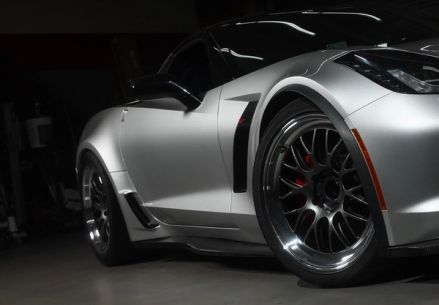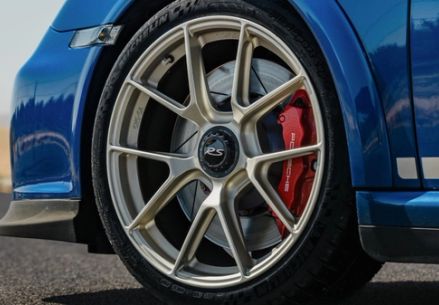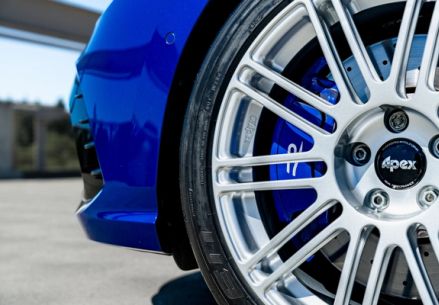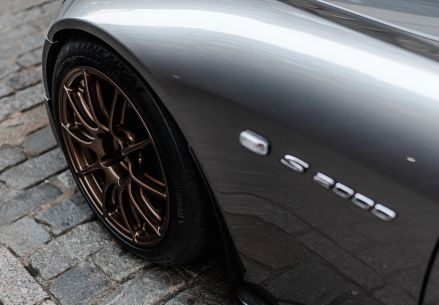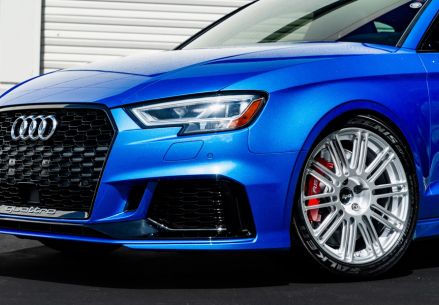
Industry Myth: The wheel industry is well regulated
Article | 03/19/2024 by Ryan March
Updated on 08/06/2024
The wheel industry is shockingly under regulated. There are very few watchdogs or regulators monitoring the wheel industry, and it’s even worse in the USA. This lack of oversight leaves a lot of room for businesses to legally take questionable shortcuts, or to make false claims without repercussions.
A few countries require some formal testing and some even inspect cars to ensure consumers are using tested wheels, but most countries have no meaningful standards or requirements. The USA is an example of a country that has no testing or safety requirements beyond a primitive design standards set by the Tire & Rim Association that essentially dictates the basic shape of a wheel to ensure that standard tire sizes will fit properly. There’s no load requirements to follow, no testing requirements, no safety checks, no auditors, or anyone that ever knocks on a door to ensure everything is on the up-and-up. It’s essentially the Wild West. There’s a totally voluntary standard set by the SAE called J2530, which outlines how to conduct their version of a test, but there’s no enforcement, it can be done without oversight, and the testing loads (difficulty of the test) is chosen by the manufacturer so a wheel can be tested to a low load and get a pass.
In countries like Germany and Japan there are regulators called the TUV and JWTC respectively. Those countries have detailed testing standards that establish the requirements of wheels and the rules for testing. Those countries also require independent agencies to conduct the tests to validate a factory's claims without bias.
The standards set up to protect Japanese consumers (JWL) have been globally popular among many wheel manufacturers outside of Japan as it established decent guidelines that can give a manufacturer confidence their wheels are safe enough to sell. Japan requires wheels to be independently tested by and registered with the VIA, which is an independent testing organization. The problem is Japan’s regulators have no jurisdiction outside of Japan, so if a foreign company’s testing is done incorrectly, or they falsely claim to meet JWL standards, or they falsely claim to have been validated by the VIA, they aren’t up for the task for stopping everyone. There is no organization that checks to see if a wheel manufacturer’s various test certifications are legit or not. Just like there is no organization that goes around checking the accuracy of everyone’s resumes.
So what does that mean for buyers? In the United States that means products sold may not be as strong or safe as you are led to believe. New pop-up businesses can quickly gain credibility by making similar testing and certification claims as established, professional businesses, and consumers are forced to trust them as there aren’t easy ways to spot truth from fiction. A business could skip testing all together while claiming to meet international standards and reap all the benefits of being fully compliant, without any consequences.
We want to leave you with two main points. The first is to be less trusting of claims around testing and safety. Learn ways to spot the red flags of potential fakers. The second is to demand more from the industry. Ask more questions. The industry doesn’t feel obligated to be more transparent because demand from consumers is low. We’d love to see more regulation level the playing field. It’s unlikely laws will pass soon that establish formal regulation, but as an educated consumer you can make more businesses feel pressured to voluntarily meet stricter standards.
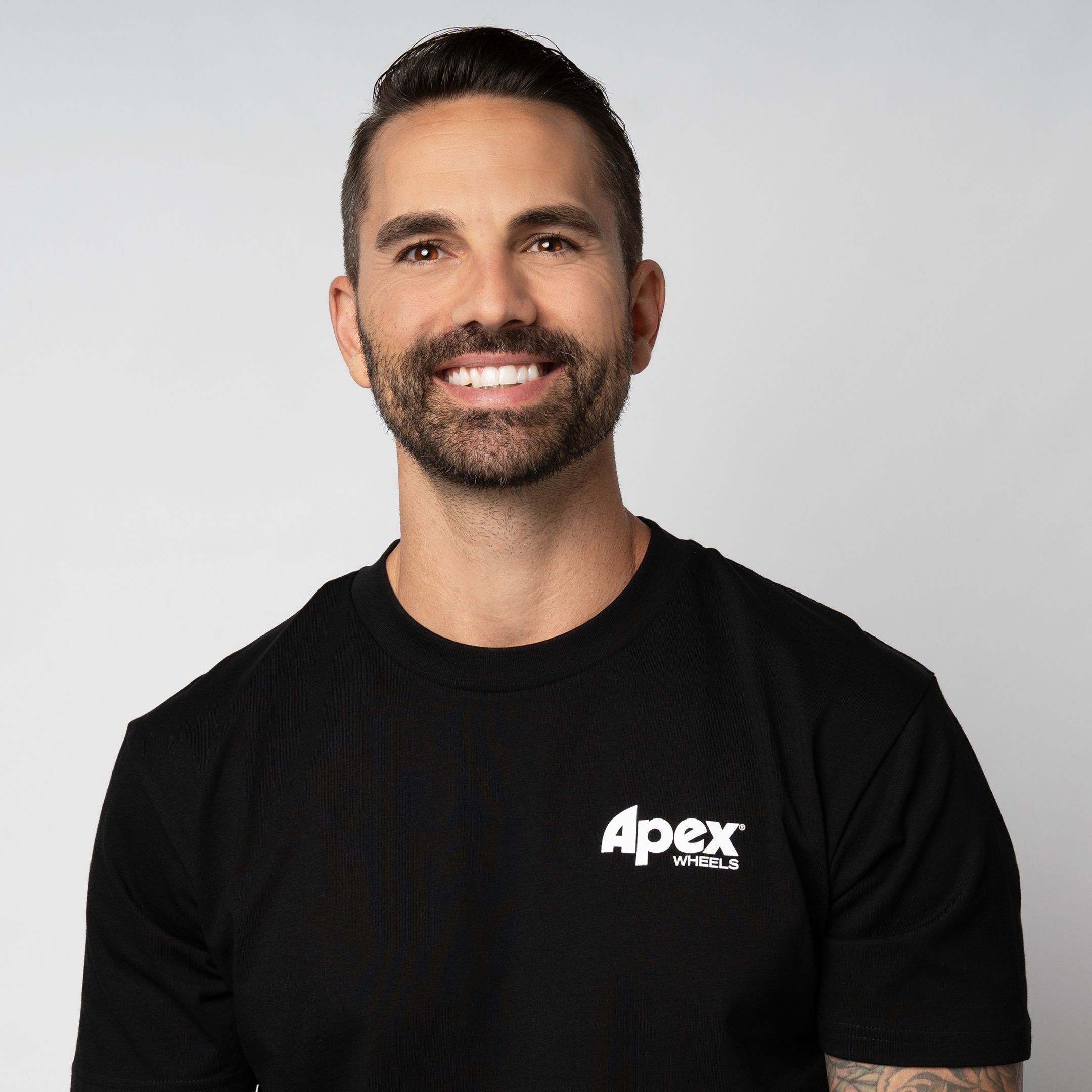 Ryan March
Ryan MarchIf you like cheap gear you will hate this newsletter.
